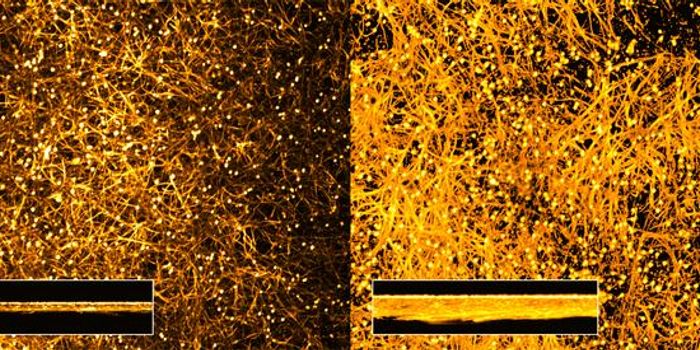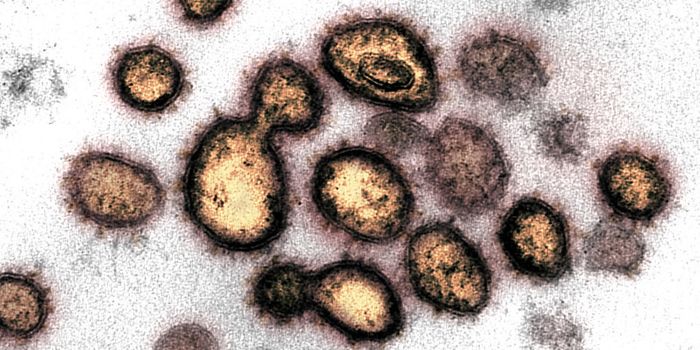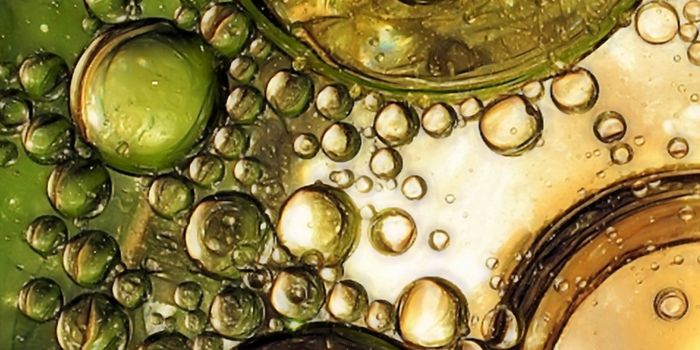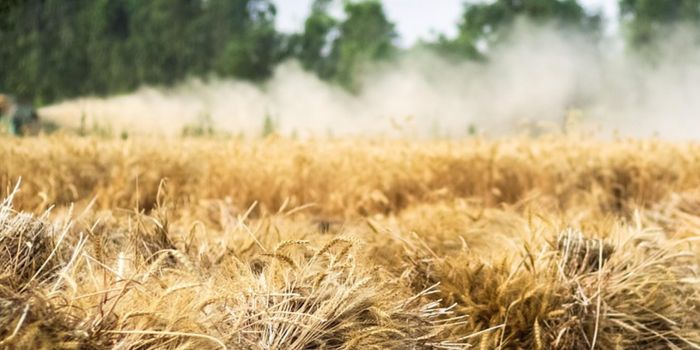The Food Mom Eats Affects the Microbes in Her Breast Milk
Although baby formula is a completely acceptable alternative for women that have trouble lactating, human milk is still considered to be the best source of nutrition for newborns and infants. Mother's milk can provide immune protection and lower the risk of disorders in infancy, like necrotizing enterocolitis, and later life, like type 2 diabetes and obesity. Like other parts of the human body, breast milk contains bacteria. Research has suggested that the food a lactating mother consumes will impact the bacterial composition of the milk she produces.
Scientists have now learned more about how food consumption alters the milk microbiome. Researchers determined that a mother's diet influences the pattern of human milk oligosaccharides (HMOs), which are a kind of complex carbohydrate in breast milk. Healthy microbes use HMOs as food, suggesting that HMOs in breast milk are necessary to establish a healthy microbiome in infants. The findings have been published in Scientific Reports.
"In previous work in both humans and primates, we found that what a pregnant woman eats during pregnancy has the capacity to affect her child's lifelong metabolic health. In the current study we present the first evidence showing that the diet of a breastfeeding mother can directly affect the milk's HMO composition," said the senior study author Dr. Kjersti Aagaard.
"This was particularly exciting since HMOs are basically inert substances to a mother or her baby. However, they exert their health benefits by acting as food or fodder to microbes -- both bacteria and some viruses. This appears to be a very interesting example where what we eat affects our microbes via an intermediate (the HMOs), which we make but don't directly benefit from. It gives us a fascinating glimpse into what we and others believe is a natural co-evolution process," added Aagaard, who is the Henry and Emma Meyer Chair in Obstetrics and Gynecology and professor of molecular and human genetics at Baylor College of Medicine.
In this study, breastfeeding mothers volunteered to consume specific meals in a controlled environment at the USDA Children's Nutrition Research Center over a period of 30 to 70 hours. There was a two-week break before the volunteers were given a different diet. Samples of milk were taken over these periods, so each woman's milk could act as a kind of internal control for herself. If a woman tends to make more (or less) HMOs generally, the researchers would still be able to identify differences in their milk's microbial composition due to dietary intake because she would be compared to herself.
"We found that distinct maternal carbohydrate and energy sources in the diets we provided preferentially altered the milk concentrations of HMOs, and this was accompanied by changes in the metabolic capacity of the milk microbiome," said the first author of the study, Dr. Maxim Seferovic. "It is not that the maternal diet itself is directly affecting the microbes, but that the diet affects the microbes' food, the HMOs, which in turn shape the functional capacity of the community of microbes in the milk that will be consumed by the baby. Interestingly, the changes in HMO occurred quickly, in a matter of two to three days after the mothers changed their diet."
The scientists suggested that HMOs are affecting microbial communities, which impact the health and development of infants. They may also promote the growth of healthy microbes in mothers, which would have positive health implications for them too.
Sources: AAAS/Eurekalert! via Baylor College of Medicine, Scientific Reports









